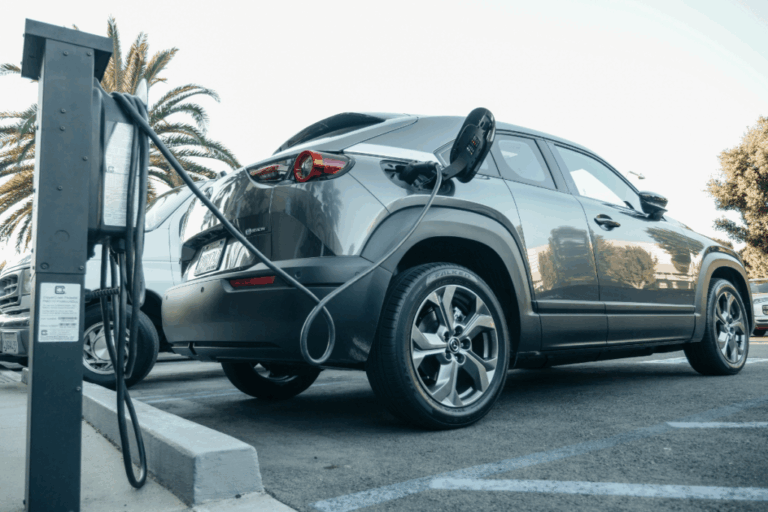Spain’s Electric Vehicle Ambitions Hindered by Charging Infrastructure Issues
Electric vehicles (EVs) in Spain are facing significant challenges, not due to the vehicles themselves, but because of inadequate charging infrastructure. Despite receiving substantial EU funding, Spain’s EV revolution is stalling. The country has installed tens of thousands of chargers, but many remain offline.

According to the Spanish carmakers’ association, Spain has 46,358 charging points, which initially seems promising. However, an additional 13,072 charging points are not operational, bringing the potential total to 59,430 if all were brought online. This figure still falls short of Spain’s EU commitment to deploy between 80,000 and 110,000 public charging points by the end of 2023.
The primary cause of this delay isn’t technological limitations or funding, but bureaucracy. Administrative processes can delay a single charging point by up to three years. José López Tafall, Director General of ANFAC, stated that while buying an electric car takes three months, installing a public charger can take two years. The timeline varies depending on the charger’s location and capacity, with standard charging points taking 6-12 months and ultrafast chargers taking up to 36 months.
Despite progress, with a 20% increase in charging points in the first quarter of 2025, Spain remains behind the EU average in charging speed and availability. The distribution of chargers is also imbalanced, with 57% located in urban areas and 43% in interurban areas, with more than half being slow chargers. This indicates that Spain’s EV rollout is primarily focused on short city trips rather than long-distance travel.
The impact is most felt by EV drivers, who face limited charging points. According to the EAFO Consumer Monitor 2023, 35% of Spanish EV drivers wait 15 minutes to an hour to access a charging point, and 19% leave without charging due to occupied stations. A survey by L-Charge found that 69% of EV owners in Madrid desire more fast-charging options.
To address these challenges, the Spanish government has implemented incentives offering subsidies of up to €7,000 for new EV purchases. However, 38% of Spaniards were unaware of these subsidies. Spain needs to address both informational and infrastructural gaps to fully utilize its EV ambitions and align with EU decarbonization goals.



